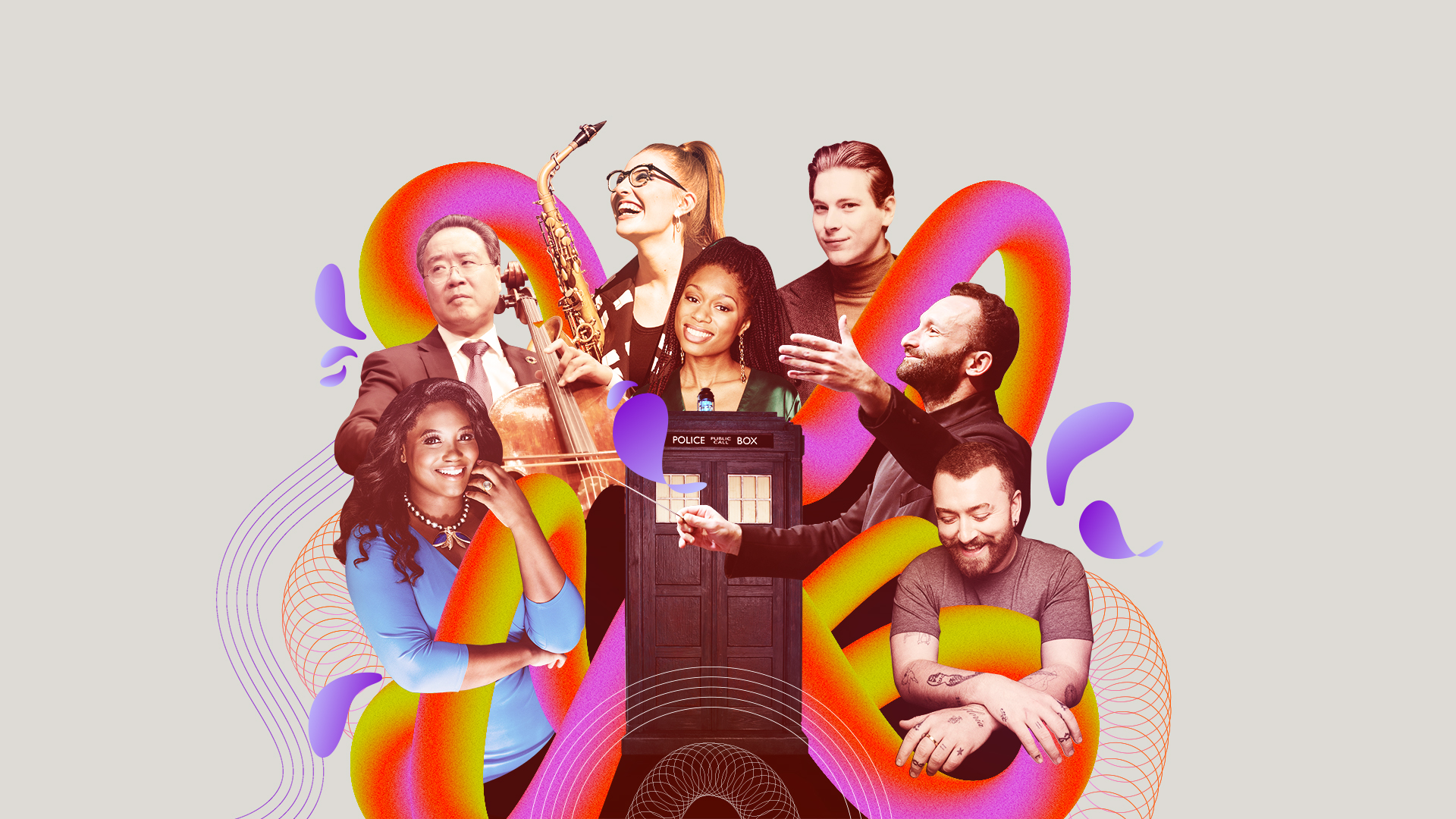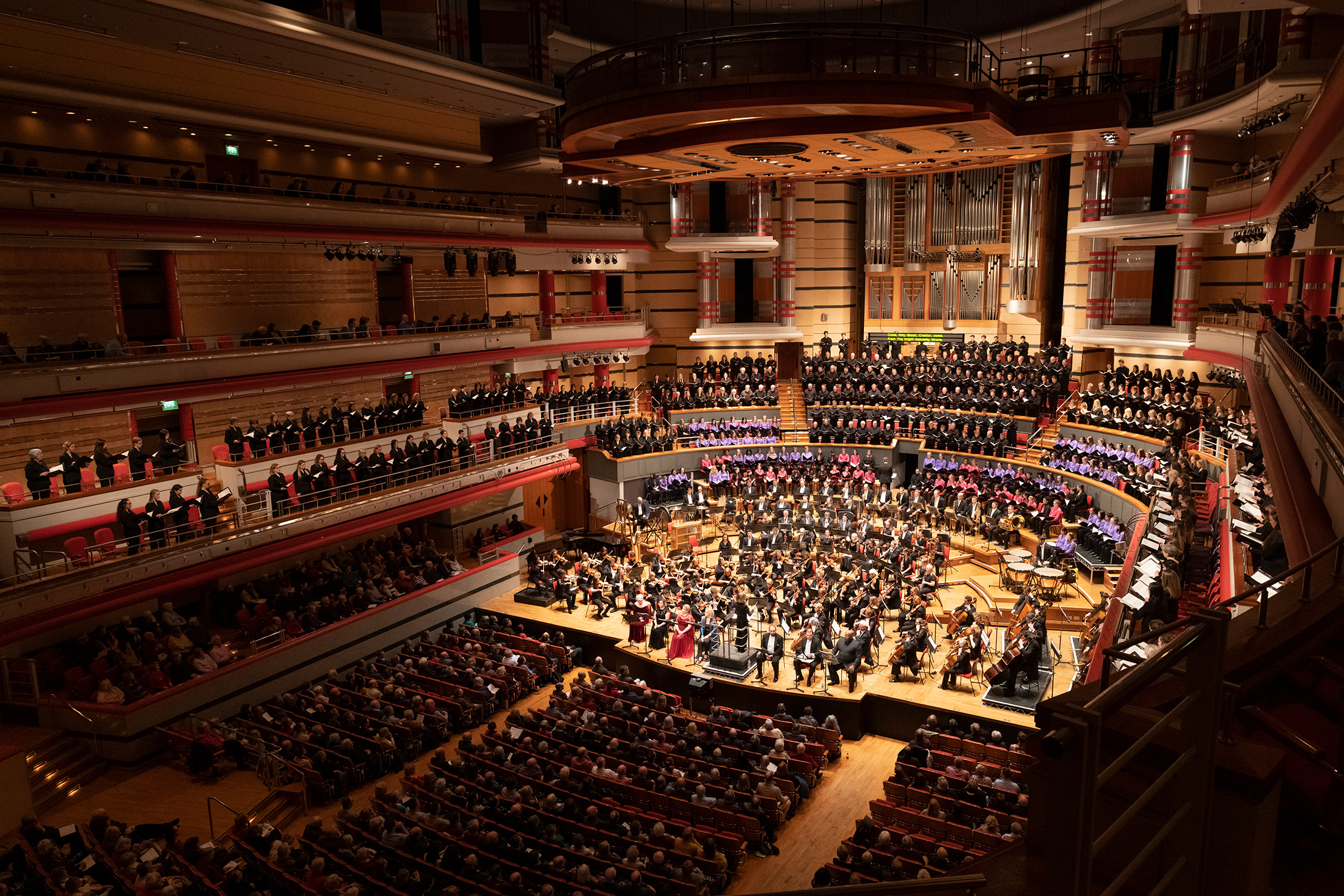As it’s World Mental Health Day, it seemed timely to rewrite and update a blog I’ve published before. The bonus for those who read it before is that this time it’s all a lot more concise. And for those who are new to this blog, its a chance to understand why classical music remains an important part of my life.
Twenty-seven years ago or so I experienced an unexpected, deeply unsettling and confusing event which brought about the biggest personal challenge in my life.
It was only in 2016 when I saw a play at the Edinburgh Fringe about male rape that I began to understand that my experience, although not rape, was in the category of sexual assault. And, importantly, how such experiences are inherently confusing.
The details aren’t especially important to this post – I don’t really want to delve again. I’m not sure it necessarily helps anyone. I certainly don’t need to. They’re not especially unique or especially harrowing. What’s important here is the impact the experience had on my mental health and everything else.
It catapulted me into depression, and brought about a tiresome ‘identity crisis’. It ushered in drug-related and psychiatric therapies. It threatened my studies, my A-Levels, my university career. It also, I re-discovered a few weeks ago, prevented me from embarking on a teaching training course because the college where my place had been accepted had gained access to my psychiatric notes and deemed me a threat to children.
All this inevitably placed a variety of special relationships under immense pressure.
Everyone delivered. I remain indebted.
One particular moment in time was particularly dark. The first term of my third year at university. ‘Plans’ were made. The only thing which kept me from pursuing a self-inflicted fatal path were my commitments to practical music making with members of the university music society.
This critical moment in time took seven or eight weeks to reach something manageable. Weekly rehearsals of the university wind orchestra put me back on track, chasing the dark clouds away on a Tuesday, Wednesday and Thursday. Fridays and Saturday were the precarious days. Sundays and Mondays were the days I was preparing for the next rehearsal. The end of term rehearsal sealed the deal and, thankfully, rock bottom was left far far behind.
There were wobbles that followed – some I’ve been reminded of recently flicking through some personal diaries a few weeks ago – but November 1993 and the role that classical music, participatory music making and my student friends combined all helped the subsequent turn-around.
The counter-experience – the ‘treatment’ if you’d prefer a slightly more blunt work – was a sense of routine, personal responsibility to others, and discipline. Conducting was something which helped me make a connection with my own personal values. Classical music saved me.
Since that time I’ve returned to classical music as a listener, a commentator, an arts manager, and a content producer. Sometimes classical music has provided an escape. At one time it provided me with inspiration for content. Now it is a world I feel most at home in. In recent years – especially since completing my coaching training – classical music has been a way for me to self-identify where my thoughts and feelings are at any given moment in time. Classical music as an emotional barometer. A trusted pal.
It could have easily been a different music genre. I know that others have derived the same benefits from rock, pop, punk, electronica, dance. But I remain indebted to a long-standing trusted pal – classical music – that continues to sustain my mental health, stimulate my thinking and, importantly, create lasting valued friendships.
I couldn’t do without it.


